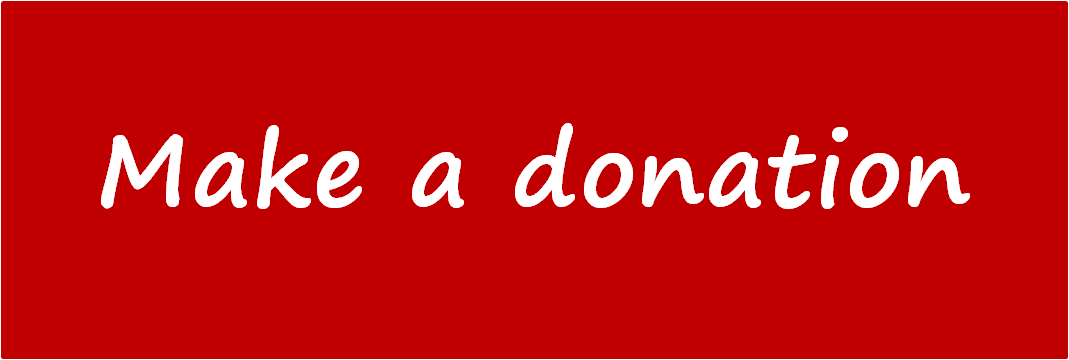Palestinians' Great March for people power
Palestinians' Great March for people power
Bassam Dally, 19 May 2018, The Australian
“There are no innocent people in the Gaza Strip,” Israeli Defence Minister Avigdor Lieberman declared last month as the death toll mounted from attacks by the Israeli army on Palestinian protesters. It is a shocking statement given the attacks are on mostly nonviolent protesters, and casualties in Gaza in the past six weeks include two journalists and many children, including eight-month-old baby Leila al-Ghandour.
However, such statements have become common among Israeli politicians and reflect a radical shift in the Israeli public attitude towards Palestinians. A survey of Jewish Israelis during the war on Gaza in 2014 showed that 92 per cent supported it, despite thousands of casualties and destruction of civil infrastructure. The Pew Research Centre also has found that half of the Israeli Jews polled want to see Palestinian citizens of Israel expelled. This attitude is reflected by the election of the most right-wing government in Israel’s history.
This week Palestinians marked the 70th anniversary of the Nakba, their catastrophe. They do so as conquered but not defeated people still fighting for justice, freedom and their rights. Most live under brutal occupation in the West Bank and the Gaza Strip; more than a million live as second-class citizens in Israel; and 3.5 million still languish in refugee camps in neighbouring countries. This ongoing Nakba has seen Palestinians try everything they can to secure their freedom.
Lately their approach has shifted towards mass protest, despite the increasing violent reaction by the Israeli army. The Great March of Return reflects this shift in Palestinian society, from people who are tired of a lack of progress, worsening conditions and an ineffective leadership. It is one of the largest protests seen by Gazans in 30 years. March organiser Ahmed Abu Artema (not Hamas aligned) explains his motive by asking: “Why are we accepting a slow death in our homes? Why don’t we get out and knock on the walls of our prison?”
Indeed, the Gaza Strip is described as the largest prison in the world and has been so since 2007, when Israel and Egypt imposed a land, air and sea blockade on the strip, disconnecting it from the rest of the world. The estimated 1.8 million inhabitants, with a median age of 17, have reached a breaking point. Half of children surveyed express no will to live.
The UN reports that if nothing major shifts, Gaza will be uninhabitable by 2020 — only two years away. The situation in Gaza is desperate: 95 per cent of the water is undrinkable, unemployment is above 43 per cent and 80 per cent of Gazans subsist on food aid. And there is no real hope for significant change. March organisers cannot bear to continue to languish in isolated silence.
Similar protests were seen in July last year in Jerusalem, where a mass movement of thousands of Palestinians forced the Israeli government to back down from increasing its control of Al-Aqsa Mosque. The protest, which gained international media coverage, led to a withdrawal by Israel and showed Palestinians what happened when they took action themselves rather than waiting for their leaders and the international community to act.
The Trump administration’s decision to move the US embassy to Jerusalem has demonstrated that the well-worn path of US-brokered negotiations is a dead-end street. All the hope of the Oslo process has evaporated, large swathes of land are lost to Jewish-only settlements, Jerusalem is virtually annexed and the Jordan Valley vacated of its Palestinian inhabitants. The move has emboldened the Netanyahu government and given a green light to ongoing flouting of UN resolutions calling on Israel to cease building settlements.
What all parties no doubt know is that it is fuelling a modern-day apartheid system where one group has control and power, and the other is still seeking rights and liberation. It is a system that was defeated in South Africa but was supported to its last days by Israel and the US. Indeed, Australia’s complicity and support for Israel’s flagrant breach of its legal obligations risk its standing as a middle power that respects international law.
There is a real opportunity for the international community — and the Australian government — to break the impasse by taking effective action to resolve this conflict. It will not come by reciting old tired mantras — new action is needed. Recognising Palestine is a good start to correcting the power imbalance.
Imposing boycott, divestment and sanctions on Israel until it complies with its obligations under international law is another measure that was effective in South Africa, and we see signs of its effectiveness in Israel already. We must support mass nonviolent movements in Palestine and protect Palestinians from the violence perpetrated by Israel and the settlers. And we must stop providing political cover for an apartheid system in Israel-Palestine — it is doomed to fail and serves nobody’s interests.
Bassam Dally is a Palestinian-Australian advocate and vice-president of the Australia Palestine Advocacy Network.
View blog by TAG
- 1948
- 1967 War
- 29 November
- 3 goals
- 3D printing
- 5 ways
- 60 dead children
- 70 years
- AFOPA
- AFOPA Media Report
- AFOPA statement
- ALP
- APAN
- Abbas
- Absentee Property Law
- Adalah
- Adelaide
- Ahed Tamimi
- Airbnb
- Al-Aqsa Mosque
- Alabnese
- Albanese
- Amazon
- Amnesty International
- Annexation
- Anti-Palestinianism
- Antisemitism
- Apartheid
- Arab academics
- Attacks
- Australia
- Australian Government
- BDS
- BDS Campaign
- Balfour Declaration
- Bassem Tamimi
- Bedouin
- Beersheba
- Beirut
- Benjamin Netanyahu
- Berlin4Palestine
- Bernard Regan
- Bethlehem
- Biden
- Birzeir University
- Breaking the Silence
- Britain
- COSATU
- COVID-!(
- Canada



